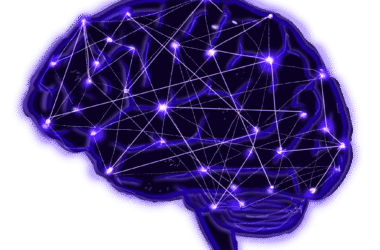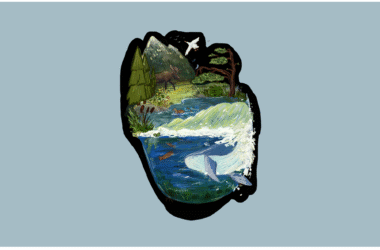Immigrants contribute significantly to Canada’s socioeconomic growth in undeniable ways, yet many of them are excluded from job opportunities for reasons unrelated to their qualifications. A complex interplay of racial discrimination, social isolation, and systemic inequalities shapes the experiences of Highly Skilled African Immigrants (HSAIs) joining the workforce. This raises[Read More…]
Tag: research
Professor Myrna Lashley sheds light on the importance of studying Black Canadian youth’s mental health
Black Canadians, on average, experience disproportionately poor health outcomes throughout their lives. While genetics may contribute to many chronic illnesses and mental health challenges, social and environmental determinants such as limited access to health care and anti-Black racism drive much of this disparity. This discrepancy is compounded by the legacy[Read More…]
Goat and sheep milk allergies point to underlying cow’s milk allergy…Most of the time
Despite the meteoric rise of plant-based milk’s popularity over the past few years, cow’s milk continues to dominate the global milk market. It is an excellent source of vital minerals, vitamins, and proteins, and is often recommended for young children—that is, assuming they are not allergic. Even with all of[Read More…]
Yes, your city moves differently on special event days
As major cities develop increasing dependence on shared micromobility—namely, e-scooters and e-bikes—urban planners face the challenge of understanding the fluctuating demand for these modes of transport. While daily travel patterns remain relatively predictable, special events such as festivals, parades, and protests regularly disrupt urban mobility. These events can attract large[Read More…]
Fact or Fiction: Can artificial intelligence use reduce users’ cognitive skills over time?
Artificial Intelligence (AI) tools now shape how many students tackle tasks such as essay writing, problem-solving, and even brainstorming ideas. Across online platforms, users claim that their reliance on AI has compromised their vocabulary, writing abilities, and creativity, raising concerns about a weakening of cognitive skills overall. However, from a[Read More…]
Refuting students’ false mathematical arguments with counterexamples
When today’s elementary school students learn about fractions, they are sometimes asked to explain how they reason, for example, that one fraction is greater than another. By constructing their own arguments to explain how they came to a particular mathematical conclusion, they take on more agency in their own learning.[Read More…]
Uncovering Parkinson’s disease
Parkinson’s disease (PD) results from the progressive loss of specific brain cells responsible for movement. As these neurons deteriorate, patients experience tremors and difficulty with balance and coordination. Although treatments can alleviate specific symptoms, nothing slows the progression of the disease. Projections estimate that by 2031, approximately 163,000 Canadians will[Read More…]
Do good, feel good: Volunteering and its potential benefits to youth mental health
What if youth engagement in civic activities—volunteering, activism, and advocacy—did more than help communities? What if it also improved the mental health of volunteers? While traditional approaches to mental health include psychotherapy, cognitive behavioural therapy, and pharmacological treatments, some McGill researchers are exploring how civic involvement can contribute to positive[Read More…]
ChatGPT, three years in
Across higher education, professors, students, and administrators are grappling with how to respond to the widespread availability of fast, free, and increasingly capable chatbots like ChatGPT. In a survey conducted by The Tribune with 46 McGill undergraduate participants, only one in five students reported not using ChatGPT for class, while[Read More…]
A world in decline: Can ecological restoration reverse the damage?
Human activity has degraded or destroyed many ecosystems; an estimated 75 per cent of the Earth’s land surface has been significantly altered by human activity. This degradation contributes to climate change, reduces water quality, degrades soils, and disrupts pollination patterns. Restoration of degraded ecosystems may serve as a solution to[Read More…]














